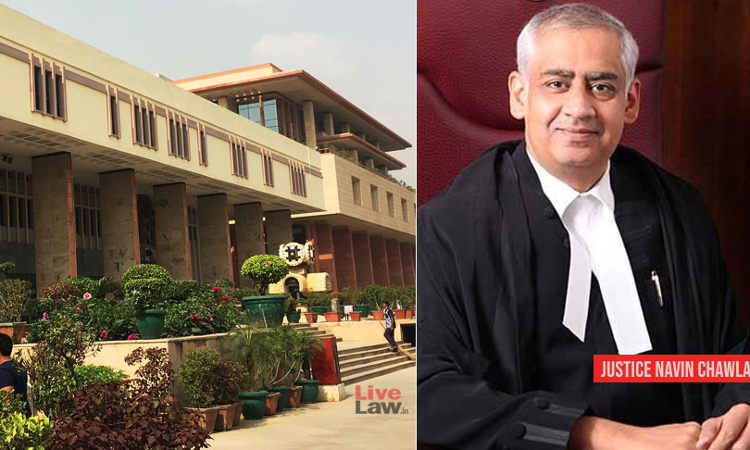The Delhi High Court has reiterated that mere reference to a wrong provision or term of the agreement cannot invalidate the notice invoking arbitration, if otherwise such power or provision exists in the document executed between the parties. The bench of Justice Navin Chawla was dealing with a petition filed under Section 11 of the Arbitration and Conciliation Act, 1996 (A&C...

